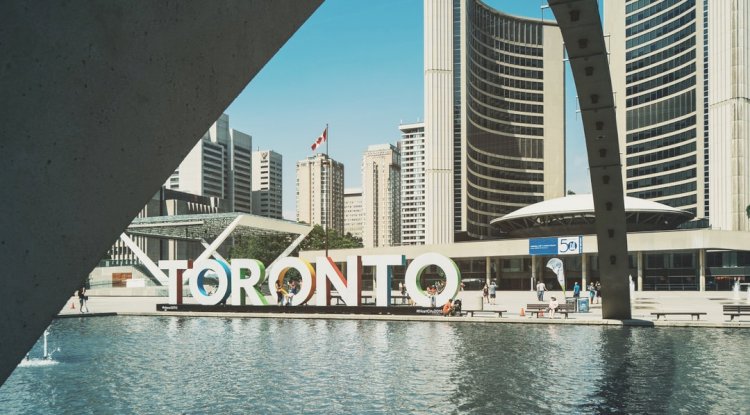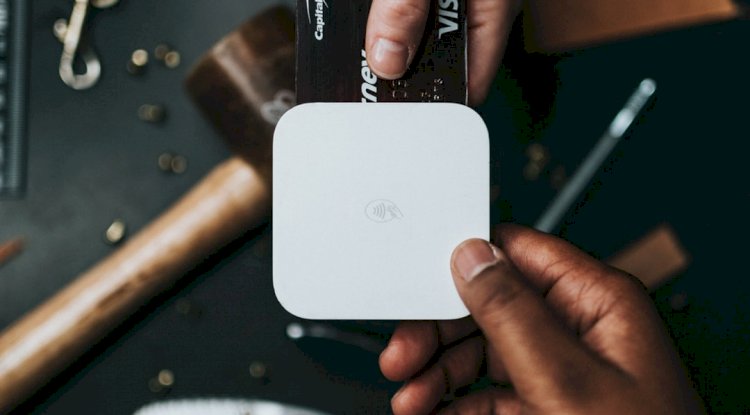Online shopping in Africa & Web Forms
It seems to me that most African online shopping stores just xerox existing templates that have worked in developed economies where physical address system is quite organized. They completely neglect the realities of their operating environment where organized neighborhoods, well labelled streets and addresses are nearly non-existent.

I have attended several Tech events where they invite so-called gurus and experts to explain the digital landscape in Africa, but I have never been satisfied with any of their answers as to why e-commerce has not caught on.
It turns out the reason why a click on a user’s web browser doesn’t exactly translate into an actual sale is really simple — the shipping and billing information form.
It seems to me that most African online shopping stores just xerox existing templates that have worked in developed economies where physical address system is quite organized. They completely neglect the realities of their operating environment where organized neighborhoods, well labelled streets and addresses are nearly non-existent. Somehow online shopping sites magically expect their customers to enter details in web forms that even store owners themselves can not fill in. And then they wonder why they have incomplete or failed transactions.

Typical web form for online shopping site
Look at that form. It has fields like street address, state/province/region, Apartment, zip code? What is that? I can only tell you that I live in Kanyanya, a Kampala suburb. If you need my exact home, then I’ll either have to send you a GPS location via apps like Whatsapp, Telegram, Google Maps or engage you in a long phone conversation in which I’ll try to describe landmarks, building and trees leading to my house. But street address, zip code? Hell No.
I can’t tell you how many times I have reached this step in shopping process and just froze. Several of my friends have had the same experience and yet this terrible form continues to be used by several upcoming online stores such as Rocket Internet’s Jumia. In the end users just resign and simply buy stuff from the old-school brick-and-mortar stores.
Pickup/drop locations
I know some online stores have overcome this problem with “pickup locations” which have actually worked. One online retailer I have used has two or three known pick up locations around Kampala which users can use as their “shipping address” instead of trying to forge their own non-existent shipping addresses. Once an order has arrived, customers receive a notification via email or are called via their registered phone number and they then pick up their goods from their prefered pickup locations. Customers can take their packages home or wherever they wish by themselves. This approach is a no-brainer. I think this is an innovative approach to this problem.
Plus codes

Another alternative I advised one of the online retail stores is to use the freely available https://plus.codes/ . Plus codes is “ like a street address for people or places that don’t have one”. It’s a human readable unique address composed of an area code and local code presented in an alphanumeric format. They can be used on Google Maps to get directions to a home or business. I wrote more about them on Dignited. So instead of forcing the user to forge inaccurate street address, zip code, state/province, the shipping information web form accepts a Plus code. Then using ubiquitous GPS apps such as Google Maps which has accurate directions, the online store can then deliver customer’s order to a customer’s exact home. Unfortunately plus codes are not yet popular presumably because they have not found very useful use cases.
This of course might not take away the pain associated with difficulty of shipping and logistics in Africa, but it might help improve on the user-experience with online stores.
What's Your Reaction?

























